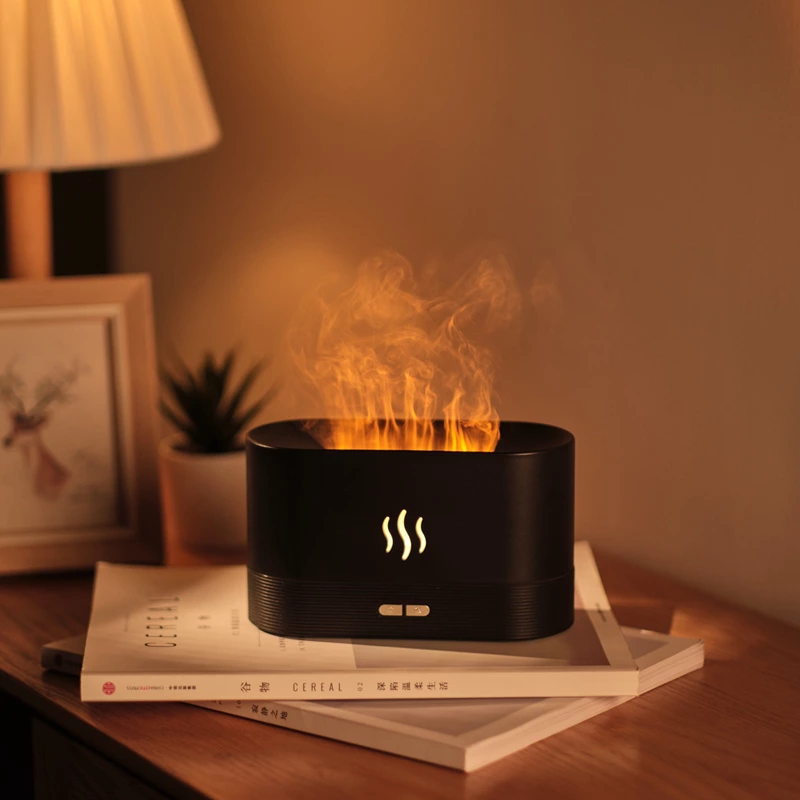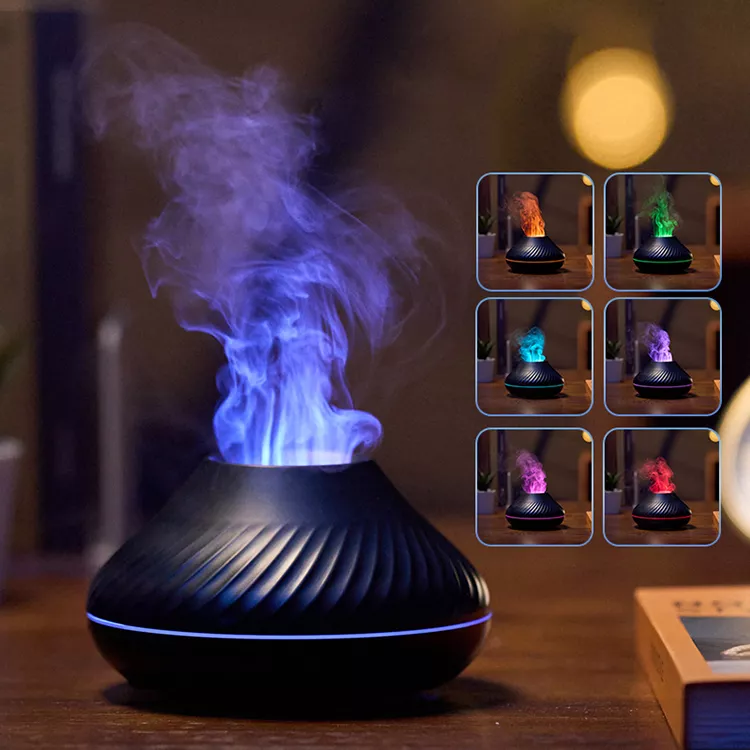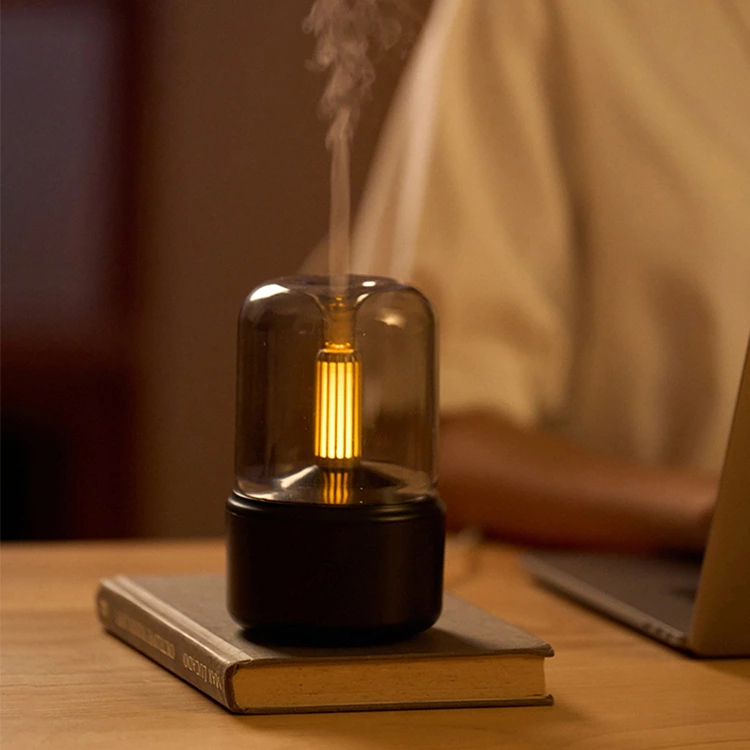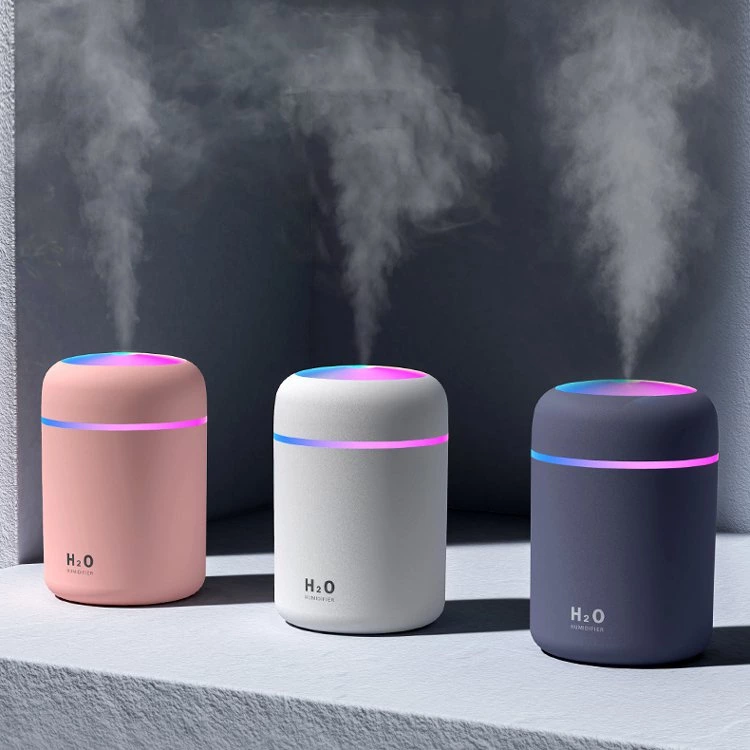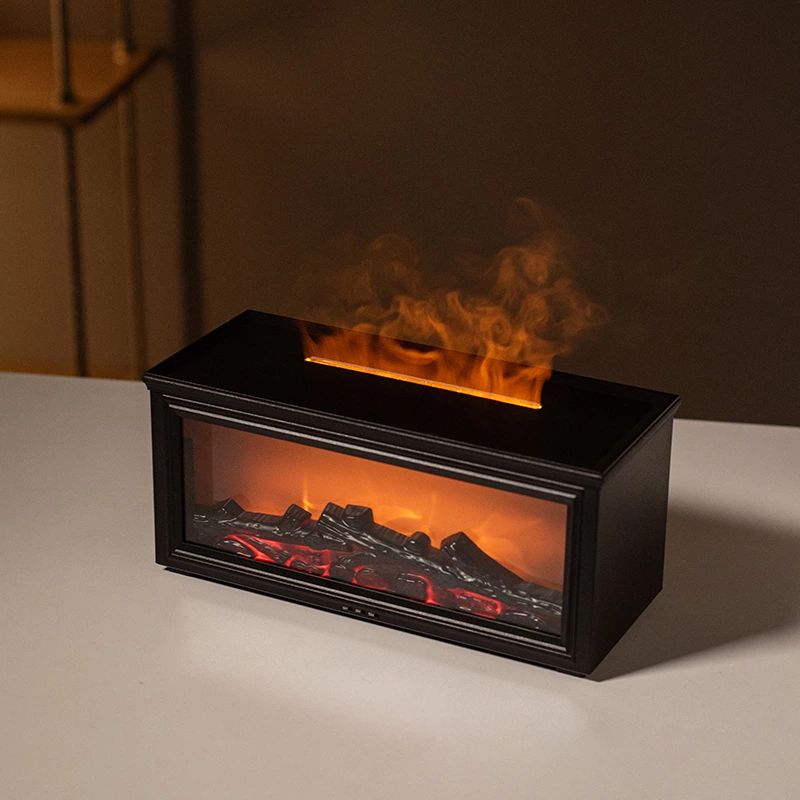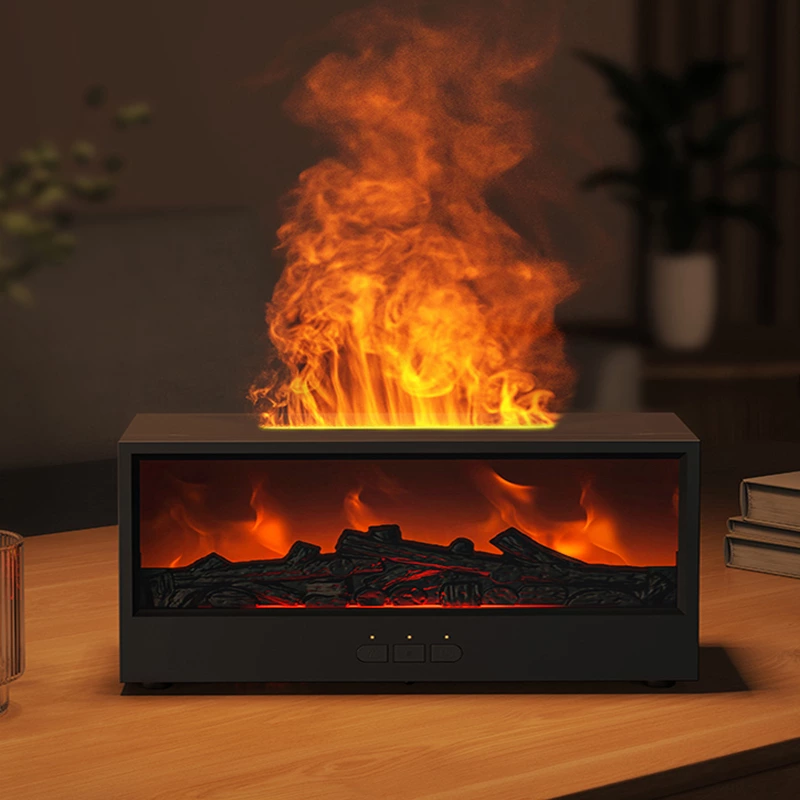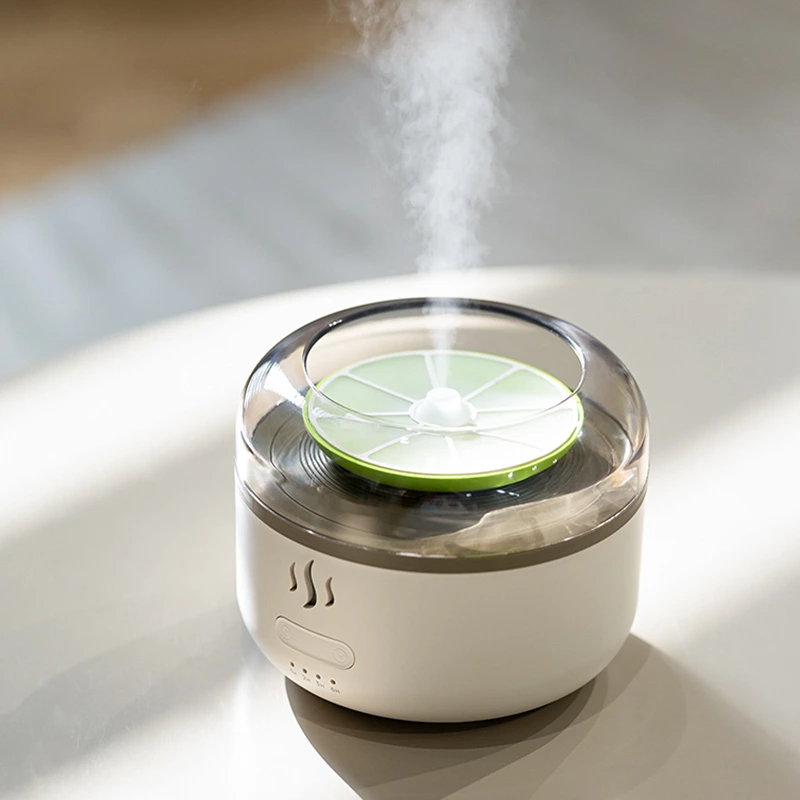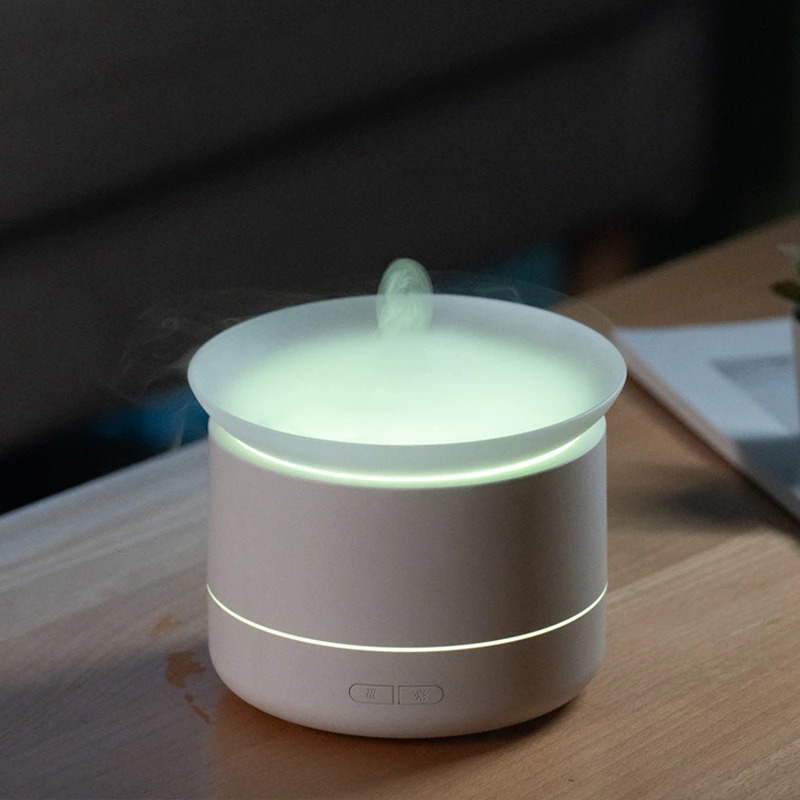How To Prevent Bacteria Growth In Humidifiers?
What happens if you don't clean your humidifier regularly?Do bacteria grow in humidifiers?
Yes, bacteria can potentially grow in humidifiers if proper maintenance and cleaning are not performed regularly. The warm and moist environment inside a humidifier provides favorable conditions for bacteria, mold, and other microorganisms to thrive. If the humidifier is not cleaned and disinfected regularly, these microorganisms can multiply and be released into the air, which may pose health risks when inhaled.
If you don't clean your humidifier regularly, several issues can arise, affecting both the performance of the device and potentially your health.
Bacterial and Mold Growth: Stagnant water in the humidifier's tank and components can become a breeding ground for bacteria, mold, and other microorganisms. These contaminants can be released into the air you breathe, leading to respiratory problems, allergies, and potential infections.
Mineral Deposits: Tap water often contains minerals that can accumulate inside the humidifier, forming white mineral deposits. Over time, these deposits can clog the humidifier's components, such as the misting tray or nozzle, affecting its efficiency and reducing the quality of the mist produced.
Unpleasant Odors: Bacteria and mold growth in a dirty humidifier can cause foul odors, which can spread throughout the room when the device is in use. This can lead to an unpleasant living environment and may exacerbate respiratory issues for individuals sensitive to odors.
Reduced Efficiency: Mineral deposits and debris buildup can obstruct the humidifier's internal mechanisms, reducing its efficiency in generating and dispersing moisture into the air. As a result, the desired humidity levels may not be reached, and the device may need to work harder, consuming more energy.
Damage to the Humidifier: Neglecting regular cleaning and maintenance can result in long-term damage to the humidifier. Mineral deposits can corrode or clog the device's components, such as the fan or motor, leading to malfunctioning or decreased lifespan.
Health Risks: Breathing in contaminated air from an unclean humidifier can potentially irritate your respiratory system, exacerbate asthma or allergies, and increase the risk of respiratory infections, especially for individuals with weakened immune systems or pre-existing respiratory conditions.
To prevent bacteria growth in humidifiers, it is important to follow these maintenance tips:
-
Regular Cleaning: Clean the humidifier according to the manufacturer's instructions. This typically involves emptying and rinsing the water tank daily, and disinfecting the tank and other removable parts at least once a week.
-
Use Distilled or Filtered Water: Using distilled or filtered water helps minimize the presence of minerals and impurities that can promote bacterial growth. Tap water may contain minerals that can accumulate and create a breeding ground for bacteria.
-
Change Water Daily: Stagnant water can encourage bacteria growth. It is recommended to empty any standing water in the humidifier's reservoir daily and refill it with fresh water.
-
Replace Filters: If your humidifier has a filter, follow the manufacturer's guidelines for regular replacement. A dirty or clogged filter can harbor bacteria and reduce the effectiveness of the humidifier.
-
Maintain Proper Humidity Levels: High humidity levels above 50% can create an environment conducive to bacteria growth. It is advisable to monitor and adjust the humidity levels to maintain a range of around 30-50%.
By implementing these practices, you can help minimize the risk of bacteria growth and ensure that your humidifier operates in a hygienic and safe manner.
Note: This article provides general guidance for cleaning and maintaining humidifiers. Always refer to the manufacturer's instructions for specific recommendations regarding your particular humidifier model.

